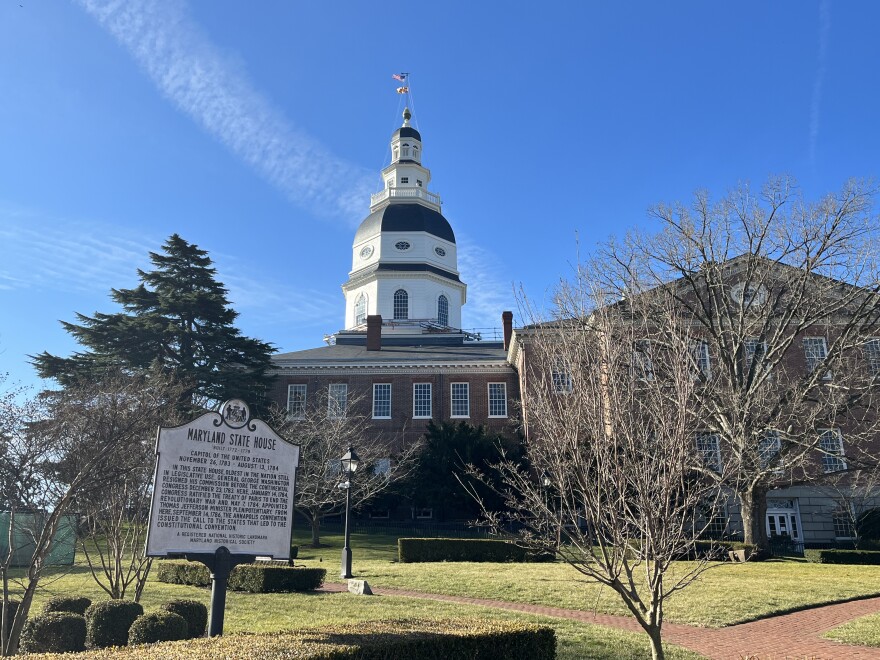The Maryland Senate on Monday approved a bill creating a tax on the sale of firearms and ammunition in the state. The approval came on Crossover Day in the General Assembly, a key deadline that guarantees the bill will be considered in the House of Delegates.
SB784, called the Comprehensive Community Safety Funding Act, creates an 11% excise tax on the gross receipts of a federally licensed firearms dealer derived from the sales of firearms, firearm accessories and ammunition. The majority of the revenue from the tax would go to the state’s trauma system:
- 44% to the Maryland Trauma Physician Services Fund;
- 29% to the R Adams Cowley Shock Trauma Center at the University of Maryland Medical System in Baltimore;
- 23% to the Violence Intervention and Prevention Program Fund;
- 2% to the Survivors of Homicide Victims Grant Program within the Governor’s Office of Crime Prevention and Policy;
- 2% to the Center for Firearm Violence Prevention and Intervention within the Maryland Department of Health
Its supporters say gunshot victims are a major cost to the trauma system, and believe that the tax is a fair way to get the system more money. Bill sponsor Sen. Sarah Elfreth (D-Anne Arundel) likened it to vehicle registration fees drivers must pay, a portion of which go to the trauma system in Maryland. “I don’t plan on getting in a car accident, and I don’t plan on causing one, and I don’t think anyone on this floor does,” Elfreth told her colleagues on the Senate floor Monday afternoon. “But I know that the funds (from me) because I own a vehicle are going to go to having the best trauma system in the world.”
Opponents, like Sen. Chris West (R-Baltimore & Carroll), argue the tax is designed to put firearms dealers out of business. “The power to tax is the power to destroy,” West argued on the Senate floor Monday. West also believes the tax is unconstitutional because it violates Second Amendment rights. He specifically cited a 1983 U.S. Supreme Court case Minnesota Star Tribune Company v. Commissioner, which dealt with a Minnesota tax on ink and paper which justices found unconstitutional, ruling it violated the First Amendment right of freedom of the press.
The final Senate vote was 28-17, with a handful of Democrats joining Republicans in voting no. It now heads the House for its approval. Lawsuits against the bill are almost certain if it winds up becoming law.






